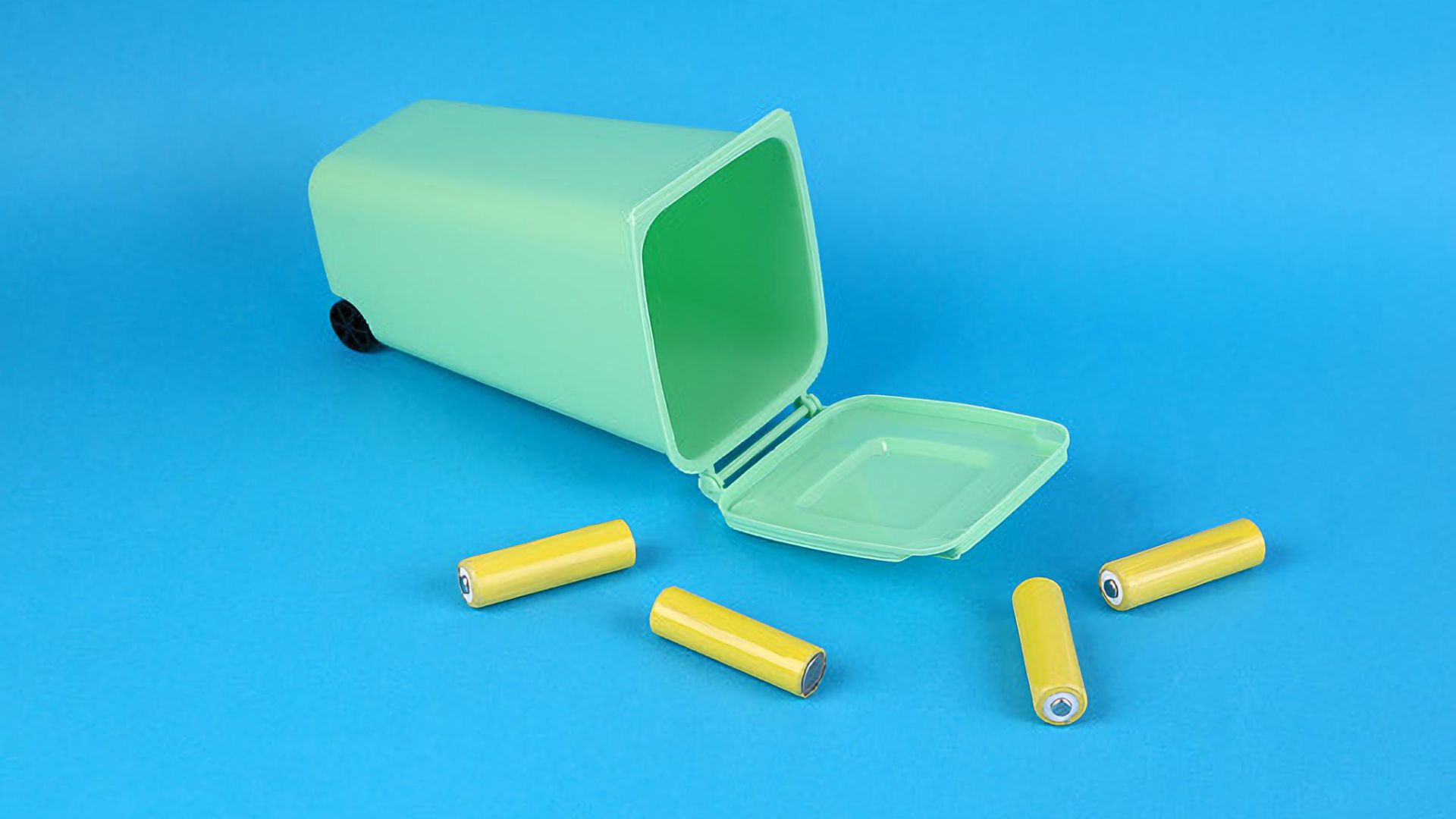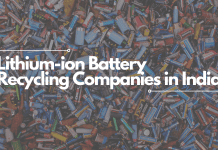
There are nearly 6 million electric cars on the road, and there has been a significant rise in the use of lithium-ion batteries. This reduces the amount of greenhouse gas emissions being released by gas-powered vehicles.
These batteries can last over eight years, but you can’t just throw them away when they reach the end of their life cycle. Old lithium-ion batteries are a fire hazard and shouldn’t be in landfills, so the only responsible option is to recycle them. Standard recycling for these batteries is expensive and doesn’t retrieve many materials for reuse such as nitrogen and oxygen which could be used for manufacturing new batteries, but some startups are coming up with new methods to change that.
Recycling system improvements are still needed, but new technology is advancing daily to create better strategies for all products.
Table of Contents
Top 5 EV Battery Recycling Startups
Here are four startups changing the game for EV battery recycling, and making it more affordable.
Li-Cycle
Li-Cycle is a Canadian company that has now expanded into the United States. It focuses on a closed-loop recycling system that uses a “spoke and hub” process. This separates the different types of metals within electric car batteries for use in devices powered by lithium-ion, including cars, phones, and other devices.
The company takes batteries through its “spoke” process, which puts them into a dormant state. They are submerged into a fire-resistant solution and are shredded for the metals to be separated and collected. It then reintroduces the metals into the battery-making process.
Li-Cycle claims to recover up to 95% of battery material for recycling.
American Battery Technology Co.
American Battery Technology Co. (ABTC) is a Nevada company that reverses the car battery-making process. ABTC has developed robots that will disassemble them part by part, opposite of how they were put together.
The process of chemically breaking down the batteries into cells before separating them into anodes, cathodes, and separators allows the company to remake the parts into new lithium-ion batteries.
ABTC claims it is saving money by not using high heat processes and making the recycling process much more streamlined.
Redwood Materials
Redwood Materials is a recycling company founded by Tesla co-founder JB Straubel that uses hydrometallurgy to dissolve the minerals from broken-down batteries.
Hydrometallurgy uses a solution made from water, oxygen, and chemical reagents to dissolve the minerals formed from breaking down the batteries with proprietary calcination. The company then recovers and recycles cobalt, copper, nickel, and lithium from the batteries.
These metals are then put back into manufacturing cars and electronic batteries.
Ascend Elements
Ascend Elements is a Massachusetts company whose “hydro to cathode” method shreds batteries. Instead of collecting the metals, it drains impurities and leaves the cathodes in a pure atomic state.
Read more: Battery Recycling Business for Small Scale Industries
Those materials then contribute to a closed-loop recycling process that remanufactures the battery materials for use in new products, such as smartphones.
The company claims to put 100% of active battery parts back into manufacturing.
ReCell
The U.S. Department of Energy runs the ReCell project which aims to create a research and development center for lithium-ion battery recycling.
The center would focus on using new research to produce energy-efficient and cost-effective ways to recycle lithium-ion batteries from electric cars and other electronic devices.
ReCell is mainly focused on direct recycling, which would dismantle the battery into parts without chemically compromising them. Those components would then go directly into the manufacturing process of new lithium-ion batteries.
Paving the Road Forward
Electric batteries are leading the way to a more environmentally friendly future for transportation. They are more efficient, can last over a decade, and do not add to greenhouse gas emissions. However, these batteries are unsafe to throw away, and the typical recycling methods are hard to maintain.
Managing the recycling needs of those batteries inexpensively and efficiently is a challenge now being taken on by more companies as electric cars continue to hit the roads. These startups are paving the way toward a more efficient future.
Read More:- Electric vehicles are booming, but when will Battery Recycling happen?







Really interesting activities.
Very interesting subject , regards for putting up.